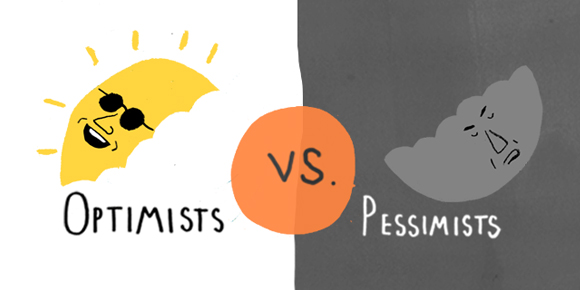“Instead of seeking new landscapes, develop new eyes.”
– Marcel Proust, novelist
The capacity to perceive things is perhaps one of the most important aspects of coaching. The current paradigms and mental models that we have developed over the course of our lives both serve and limit us at the same time. Our eyes are the proverbial lenses through which we view the world around us.
Just as a pair of sunglasses modifies the intensity of light on a sunny day, our willingness to view things in a new light creates the opportunity for new and more useful perspectives to emerge.
Exercise:
Imagine that you’ve just returned from laser surgery or a cataract procedure. The surgeon has given you two new eyes that not only have you see more clearly but also enhance your capacity of seeing opportunities and beauty, and give you greater creativity, innovation, positivity, gratitude and overall happiness.


